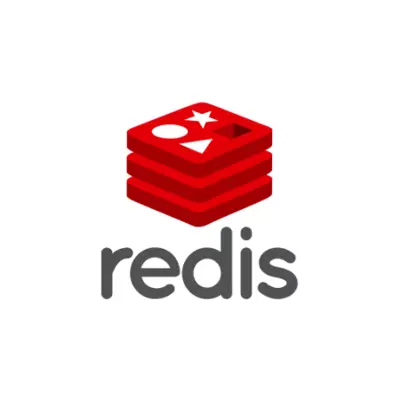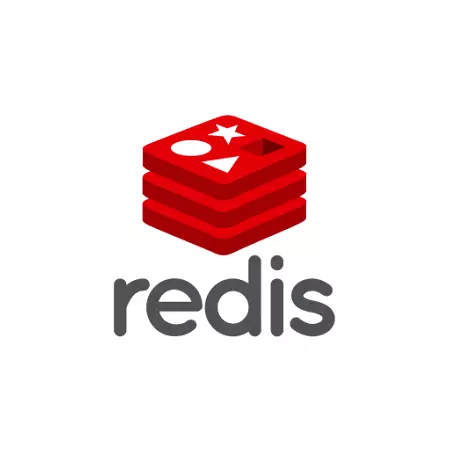Why Redis?
Redis, an advanced key-value store that operates directly in RAM, enables significantly faster response times compared to traditional databases. This speed advantage now benefits the University of Tübingen's TYPO3 website by handling caches such as hash, pages, pagesection and rootline as well as user-defined caches more efficiently.
Locking problems solved
Another advantage of Redis integration is the solution to locking problems, which are particularly common in complex, NFS-based installations. The TYPO3 extension b13/distributed-locks helps here, which now enables effective locking via Redis, which further improves website performance.
Measurable performance gains
The results speak for themselves: Time to first byte (TTFB) - i.e. the delivery time of the HTML document - could be reduced to an average of less than 200ms. Pages with extensive menus in particular now load noticeably faster. This is a crucial factor for the user experience and the efficiency of website use.
Impressive load test results
On the day the lectures began, the website received 41,944 visitors and 155,119 page views, with approximately 650 people logging in to the front end. The load tests based on these numbers showed significant improvements by using Redis:
- The combined use of Staticfilecache and Redis tripled the possible output of requests.
- The test scenarios with Redis consistently showed better values in terms of total requests, maximum and average response times and requests per second.
Conclusion
The introduction of Redis to improve the performance of the University of Tübingen's TYPO3 website represents a significant step in the application of modern caching technologies in the academic environment. The documented performance improvements provide a sound basis for further research and application of Redis in similar contexts, especially for administrators and developers of TYPO3 systems.






